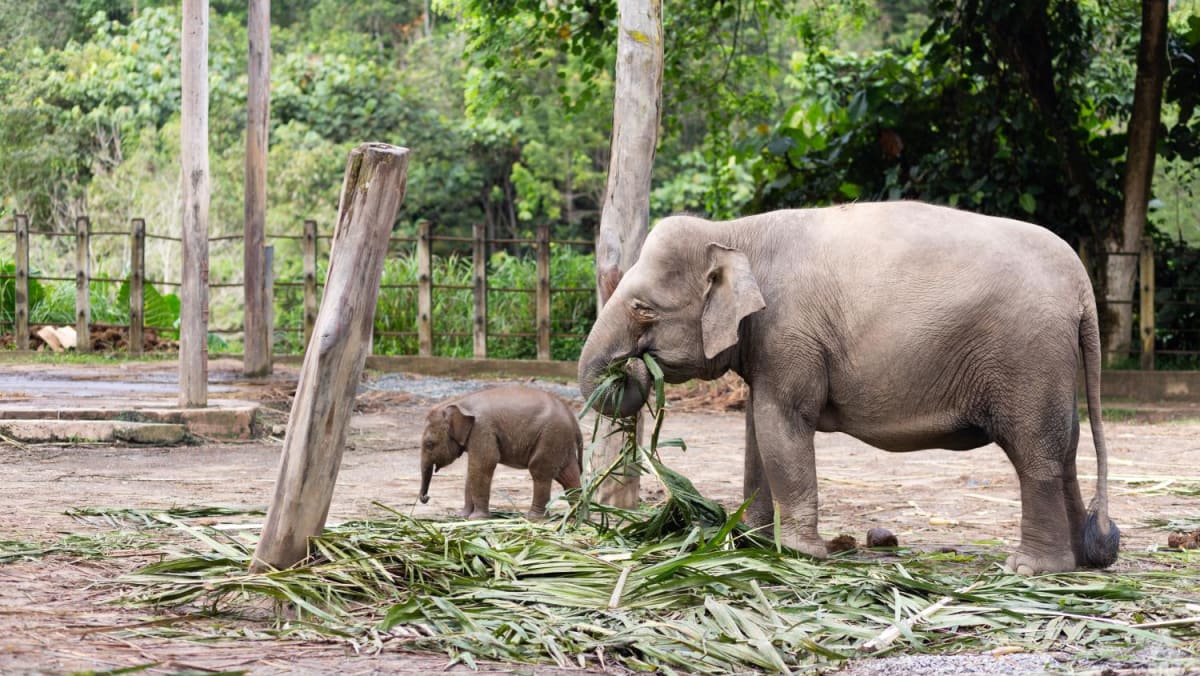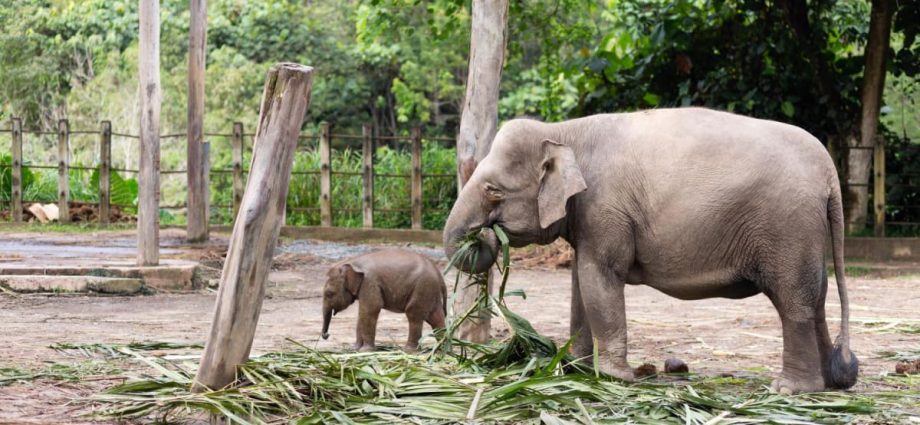
The state is also working towards certifying its entire oil palm production under the Roundtable on Sustainable Palm Oil, an internationally-recognised standard covering issues like deforestation and labour abuses, by 2025.
Sabah currently produces 12 per cent of the world’s palm oil, the third-largest producer behind Indonesia and Peninsular Malaysia.
As part of the certification, plantation companies have to engage environmental assessors to determine if the land they are using is critical for wildlife. Areas determined to be critical cannot be logged.
“While we have the policies, some may overlook those policies. I asked (the wildlife director) how we are going to deal with it,” Liew said.
“He gave some suggestions (but) again, we are dealing with big players. So, let us settle down then we’ll have a more informed discussion on fine-tuning our policies. By right, they’re not supposed to start their work until we get an assessment.”
POISONING CASES, RETALIATION KILLINGS
These measures are important as recent research has shown that for the past 40 years, elephant habitats in Sabah have dwindled by 60 per cent due to land use conversions, said Cheryl Cheah, elephant conservation manager at WWF Malaysia.
Other threats to wild elephants include villagers killing or shooting elephants in retaliation, or inadvertently trapping them in snares when hunting for other animals like wild boars, she told CNA.
Like other parts of Malaysia, Sabah has seen tragic human-elephant encounters. In September last year, a 67-year-old woman was trampled to death by an elephant while riding pillion on a motorcycle near a plantation in Tawau.
“Between 2014 to 2018, there have been a few cases every year that we can say are linked to retaliation killings,” Cheah said.

